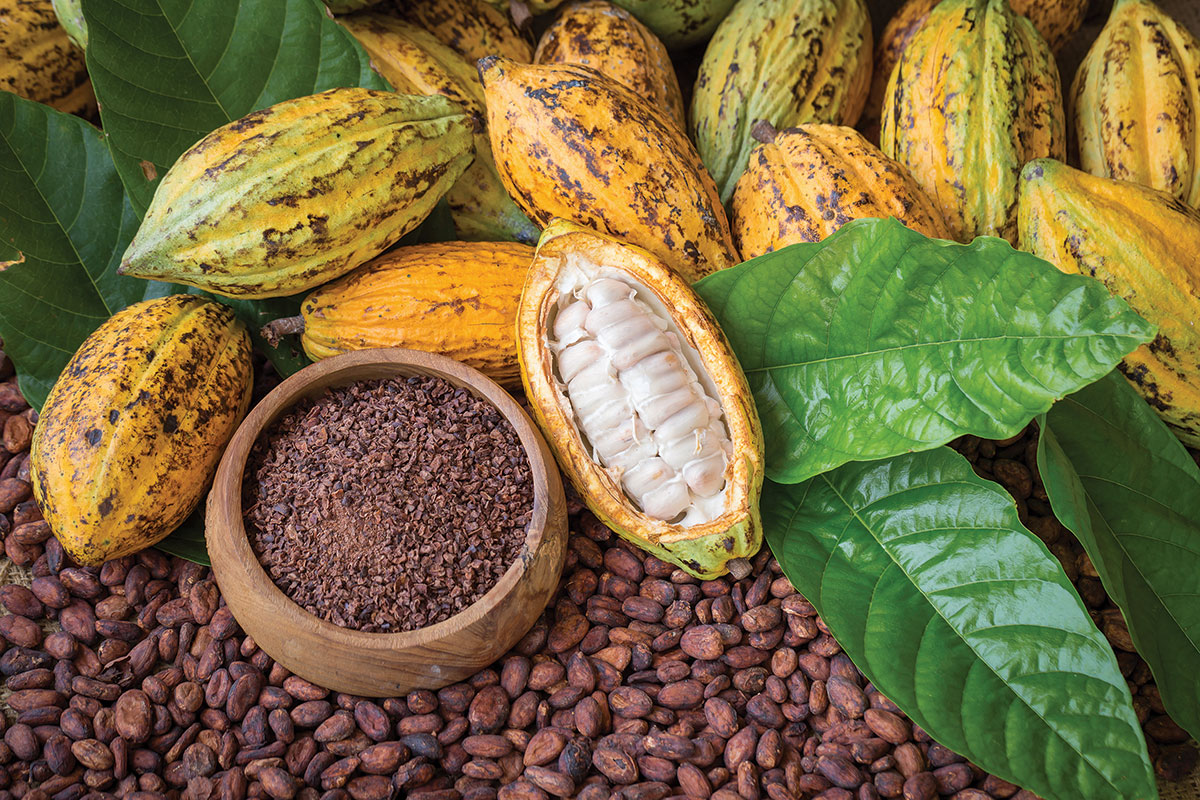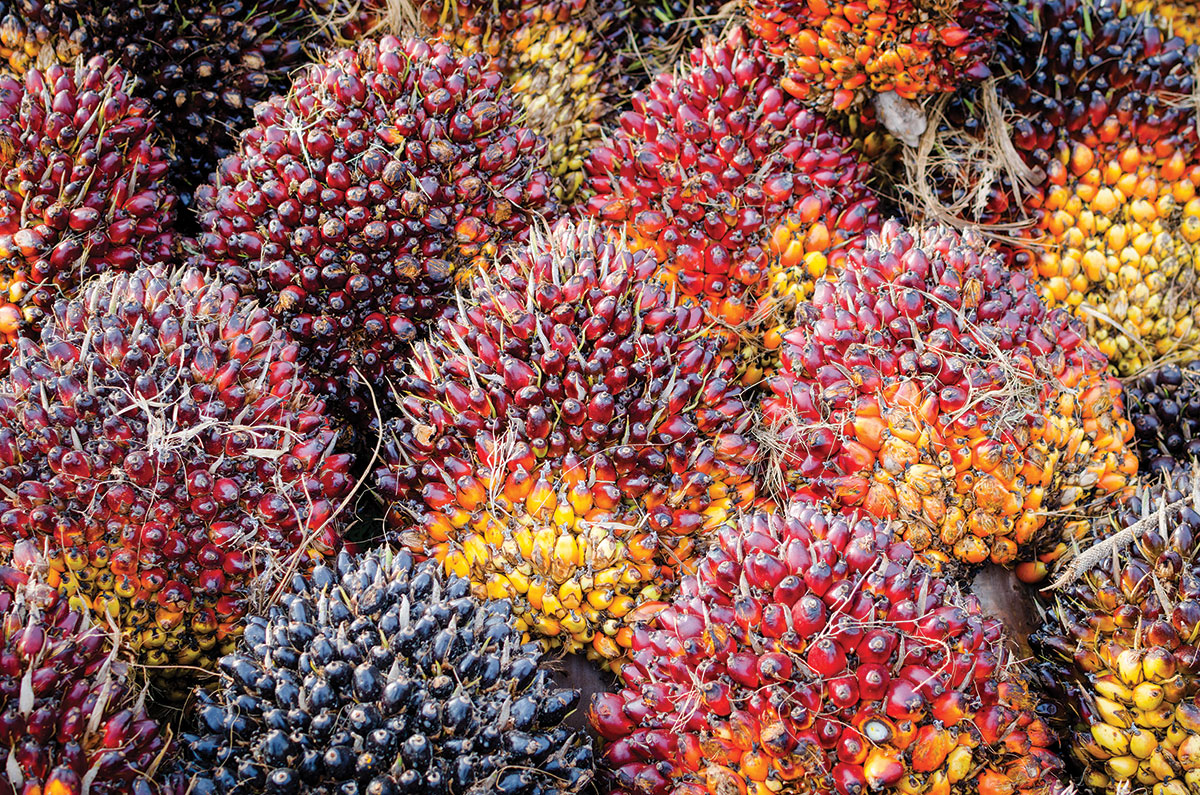Sustainable ingredient sourcing may seem convoluted for many bakers because so many base ingredients, especially for large industrial operations, are commodities. Procurement of wheat flour, butter and sugar typically all comes down to cost.
Trends such as clean label and nutrition profile are influencing formulation. For many bakers, these drivers tend to be more relevant to today’s target audience. Forward-thinking bakers recognize how all these variables merge together and when part of a sustainability business philosophy may help grow sales.
This is because most consumers are aware of sustainability as a term, and many are doing their homework when they shop for their household. People’s attitudes, depth of knowledge and engagement may differ, but, in general they want to know more in order to align themselves with brands and products that are applying resources to developing a more sustainable supply chain. That’s how companies may gain a competitive edge.
Knowing a business is mindful of its impact on the environment and society can sway a purchase. Data from research firm NMI showed that 58% of consumers in 2017 were more likely to try a product with a sustainability story, up 6% from 2009. They may pay more for it, too. In 2017, 31% of shoppers said they were less concerned with the price than 25% in 2009.

To create a sustainable sourcing story, a baker must understand the many facets of the ingredient platform. The term sustainability simply means the ability to be maintained and refers to the farmers as much as the land.
“It’s also about connecting farmers to the foods that nourish and sustain our lives,” said Tara Froemming, marketing coordinator, Healthy Food Ingredients.
The basic goals of sustainable agriculture are environmental health, economic profitability, and social and economic equity — sometimes referred to as the “three legs” of the sustainability stool.
“Every farmer, farm and business is different both in how they operate and where they are in their sustainability journey,” said Ashley Schmeling, precision agronomist, Central Farm Service. “Our seed and agronomy professionals work beside our farmers every step of the production process to capture opportunities and support precision agriculture.”
Sustainability is an observable philosophy. Every small decision or change can make a difference. When bakers opt to work with suppliers that employ sustainable procedures, they are communicating these efforts on web sites and marketing materials.
Publican Quality Bread, Chicago, a wholesale baker supplying bread to more than 50 restaurants across the Windy City, has a dedicated team to explore the use of sustainable whole grains.
“Growth and cultivation are vital to any experience, the human one included,” said Greg Wade, head baker, Publican Quality Bread. “For us, it’s as important to grow our grains as it is to grow our relationships and our community.”

The Publican’s bread would not be possible without Marty and Will Travis of Spence Farm, Fairbury, Ill., a connection fostered over 5-plus years. “Each year, we collaborate with Marty and Will on the grains we’d like to use, as well as growing conditions for the year and our collective quality standards,” Mr. Wade said. “We choose varieties of heritage wheat, not for yield or ease of harvest as conventional farmers do, but for flavor, baking quality and soil health. Our bread starts, quite literally, from the ground up.”
Commercial bakers may take a different approach to writing their sustainability story. The Cookie Department, Portland, Ore., announced in October that it will replace the palm oil in many of its functional cookie varieties with algae butter. The formulation change is environmentally motivated, as palm harvesting is contributing to deforestation. While players in the palm oil supply chain are dedicating resources to improving conditions, for some bakers, it’s not enough for them at this time.
“It may seem trivial, but what’s happening in these countries is very serious to our ecosystem,” said Akiva Resnikoff, founder and chief executive officer, The Cookie Department. “We hope that by removing palm oil from our cookie products that we are, in a sense, doing our part to save the forests and their inhabitants from total destruction and extinction. We hope other companies take notice as well.”
To replace it, the company uses algae butter to enhance dairy butter (the two are used in equal proportions in most cookie recipes) because it essentially has the same texture, binding capabilities and taste but with half the saturated fat.
“The feedback from our customers is that they can’t tell the difference in taste,” Mr. Resnikoff said.




